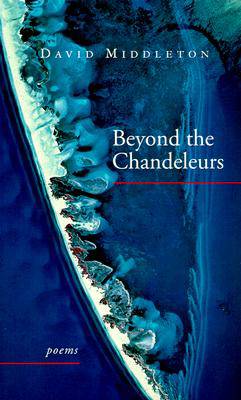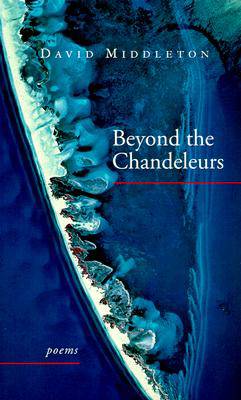
- Afhalen na 1 uur in een winkel met voorraad
- Gratis thuislevering in België vanaf € 30
- Ruim aanbod met 7 miljoen producten
- Afhalen na 1 uur in een winkel met voorraad
- Gratis thuislevering in België vanaf € 30
- Ruim aanbod met 7 miljoen producten
Zoeken
Omschrijving
In Beyond the Chandeleurs, David Middleton completes a long journey home to his native South, his beloved Louisiana, and his Anglican faith. This collection, whose title refers to barrier islands off the Louisiana coast, takes the poet beyond earlier doubts concerning the cosmos and its Creator to a loving trust in Providence often expressed in psalm-like poems that celebrate both the beauty and the rational intelligibility of the natural order of things.
The Louisiana poems--set in the Protestant north of the poet's childhood and in the Roman Catholic south where he now resides--richly evoke the flora, fauna, geography, and history of the state and also honor family members, including Middleton's father, who is memorialized in "For an Artist with Parkinson's." In "The Duck Hunt," Middleton contrasts the oil rigs off the Louisiana coast--where men desperately seek more oil to keep the modern world going--with the primitive coastland marshes where hunters are taken back momentarily to archaic times ("This open wilderness of grass and mud"). Other poems, such as "The Yeoman Farmers," "Dinner on the Ground," and "Oak Alley," are meditations on the history of the South that reveal Middleton as a late inheritor of the Agrarian tradition. Indeed, "At Franklin" is in direct response to Allen Tate's famous "Ode to the Confederate Dead," to letters on that poem between Tate and Donald Davidson, and to Davidson's own answering poem to Tate, "The Last Charge." With its extraordinary sense of place, artful storytelling, and wide range of verse forms and language, Beyond the Chandeleurs is a volume to cherish.Specificaties
Betrokkenen
- Auteur(s):
- Uitgeverij:
Inhoud
- Aantal bladzijden:
- 73
- Taal:
- Engels
Eigenschappen
- Productcode (EAN):
- 9780807123782
- Verschijningsdatum:
- 1/10/1999
- Uitvoering:
- Paperback
- Formaat:
- Trade paperback (VS)
- Afmetingen:
- 141 mm x 229 mm
- Gewicht:
- 140 g

Alleen bij Standaard Boekhandel
+ 55 punten op je klantenkaart van Standaard Boekhandel
Beoordelingen
We publiceren alleen reviews die voldoen aan de voorwaarden voor reviews. Bekijk onze voorwaarden voor reviews.











